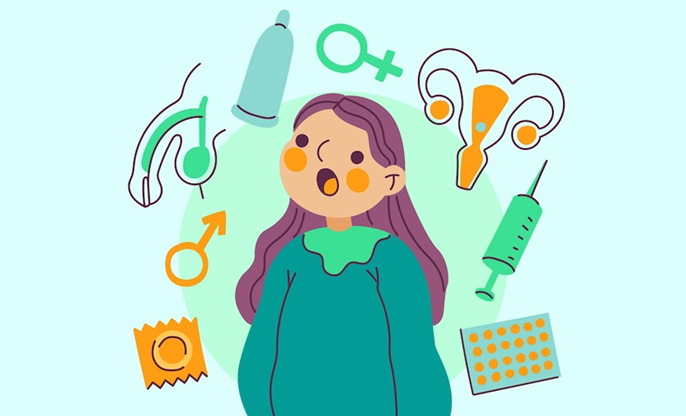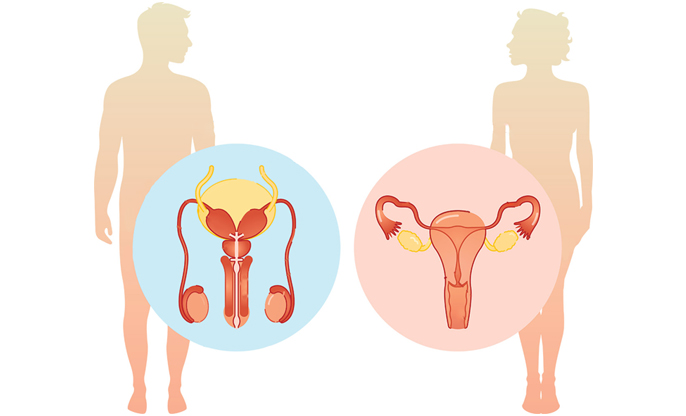
Safe sex is more than just a precaution; it's a crucial step in safeguarding our health and shaping our futures. As women, embracing safe sex practices empowers us to make informed decisions about our bodies and our sexual activities, ensuring we're protected against sexually transmitted infections (STIs) and unplanned pregnancies.
The Essence of
Safe Sex
Safe sex means taking steps to dramatically reduce risks associated with sexual activities. This goes beyond just contraceptives - it includes open communication, ensuring consent, and regular screenings for STIs. It’s about protecting ourselves and our partners, ensuring every sexual encounter is both safe and enjoyable.
Why Protection
Matters Shielding Against
STIs?
Many STIs, from HIV to syphilis, can be transmitted through unprotected contact. Using barriers like condoms every time we engage in sexual activities - whether oral, anal, or vaginal - significantly lowers our risk of infection.
Preventing
Unplanned Pregnancies:
Contraceptives like condoms, pills, or IUDs don’t just prevent pregnancy; they give us the freedom to plan our lives without unexpected surprises. Finding the right contraceptive is a personal journey that considers our health, convenience, and future plans.
Choosing Safe Sex
Methods Barrier Methods:
Condoms are wonderful because they offer dual protection -
shielding us from STIs and helping prevent pregnancy. They're simple barriers
that keep out semen, bacteria, and viruses.
Hormonal
Contraceptives: Options like the pill or patches work by regulating
our hormones to prevent pregnancy, though they don’t guard against STIs.
Intrauterine
Devices (IUDs): These small devices are placed inside the uterus and
are great for long-term pregnancy prevention. Copper IUDs can even act as emergency
contraceptives if necessary.
Emergency Contraception: These are our backup options for those rare occasions when unprotected sex happens. They're not for regular use but are a vital option when needed.
The Importance of
Regular Health Check-ups
Routine gynecological exams, including Pap smears and STI screenings, are foundational to safe sex. They help catch any issues early, ensuring we stay healthy and our reproductive systems are well-cared for.
The Power of
Communication and Consent
Having honest conversations with our partners about safe sex practices and sexual history is vital. It’s about protecting each other by being transparent about when we last had STI tests and what our results were. Moreover, respecting our boundaries and ensuring there is explicit consent before any sexual activity is non-negotiable for a healthy sexual relationship.
Educating
Ourselves and Others
Knowledge is power, especially when it comes to safe sex.
Understanding the different protection methods, knowing how to use them
correctly, and knowing where to get them helps us take control of our sexual
health. By educating ourselves and others, we can dispel myths and reduce the
stigma around discussing sexual health, creating a supportive environment for
everyone.
Safe sex practices are key to maintaining our sexual health and independence. By staying informed, using protection, and prioritizing regular health check-ups, we can take charge of our sexual and reproductive health with confidence








